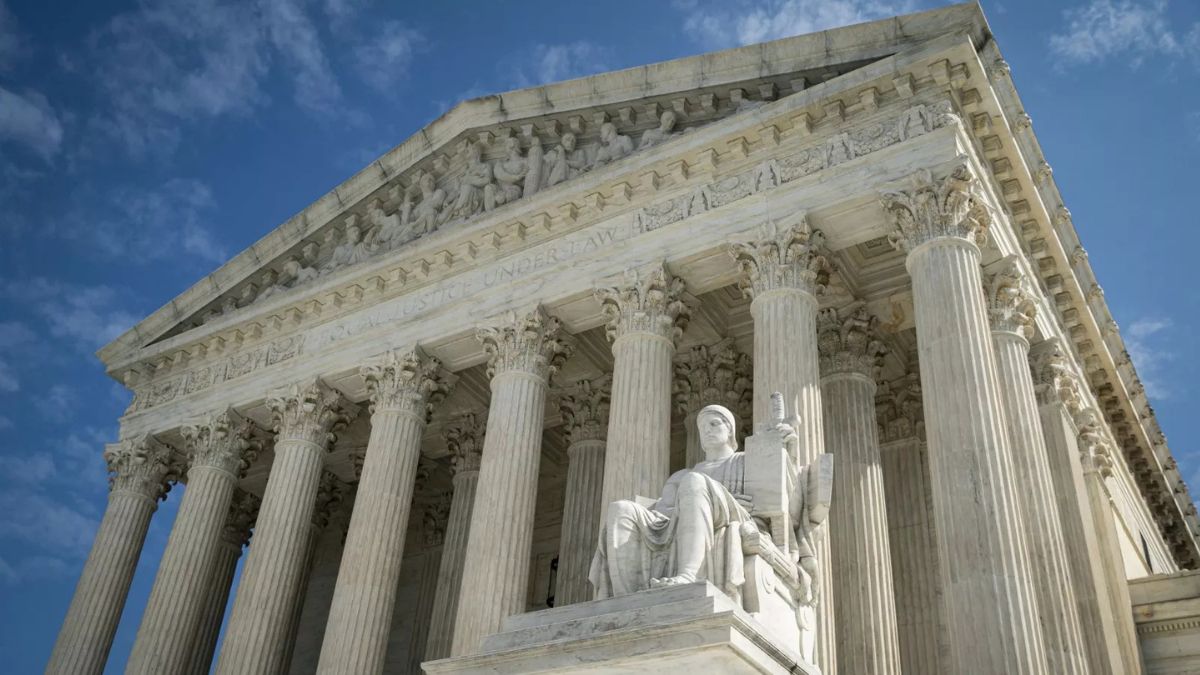

BreakPoint
Prudential Politics
When a politician talks about being "prudent," immediately we become wary. In politics, prudence often means following pragmatic considerations at the expense of ethical principles. Its spirit is summed up by the advice given by Harry Truman to an army officer during World War II: "Generals should never do anything that needs to be explained to a Senate committee." Ironically the pragmatic meaning of prudence is exactly the opposite of its traditional meaning. Traditionally prudence was not considered contrary to virtue; it was the highest virtue: It meant the wisdom to practice all the virtues in the right time and circumstance. You see, it's not enough to know God's commands—to be committed to moral principles in the abstract. We must also have the practical wisdom to apply those principles in concrete situations. Take a common illustration. Parents are commanded to love their children, but every parent knows that love is expressed in different forms, depending on the situation. When a child is hurt or disappointed, love may mean giving comfort and empathy; at other times love may mean giving the child a firm kick in the pants. Prudence means having such a clear grasp of reality that we are able to choose the right form of virtue for the particular situation. That's why prudence is the primary virtue: It's the virtue that connects universal moral principles with real life in the here and now. It's the virtue that makes all the other virtues effective in transforming our character and changing our lives. Prudence involves the will and forces us to depend on God's enabling grace in our day-to-day activities. Prudence is also what keeps God's commands from being reduced to a mere list of abstract moral principles. Modern people often see morality as a matter of arbitrary rules—generally negative rules: "Thou shalt not" do this or that. Prudence reminds us that the whole point of moral rules is to create in us a certain kind of character. As C. S. Lewis writes, "We might think that God wanted simply obedience to a set of rules: whereas He really wants people of a particular sort"—virtuous people, who are capable of building a virtuous society. It's a grim sign of our own society's moral confusion that prudence—the primary virtue—has been redefined to mean its exact opposite. For example, in an influential book on foreign policy, Hans Morgenthau defined prudence as weighing "the consequences of alternative political actions" rather than "conformity with moral law." Modern politics has its roots in Machiavelli's The Prince, where prudence is reduced to a technical skill devoid of ethical considerations. We can hardly expect to build a virtuous society when the individuals who comprise it don't even know what the virtues mean. Why don't you use this booklet to teach your Bible studies and church groups. We need to understand what it means to build a virtuous character. Only then can we help build a virtuous society.
05/22/95















